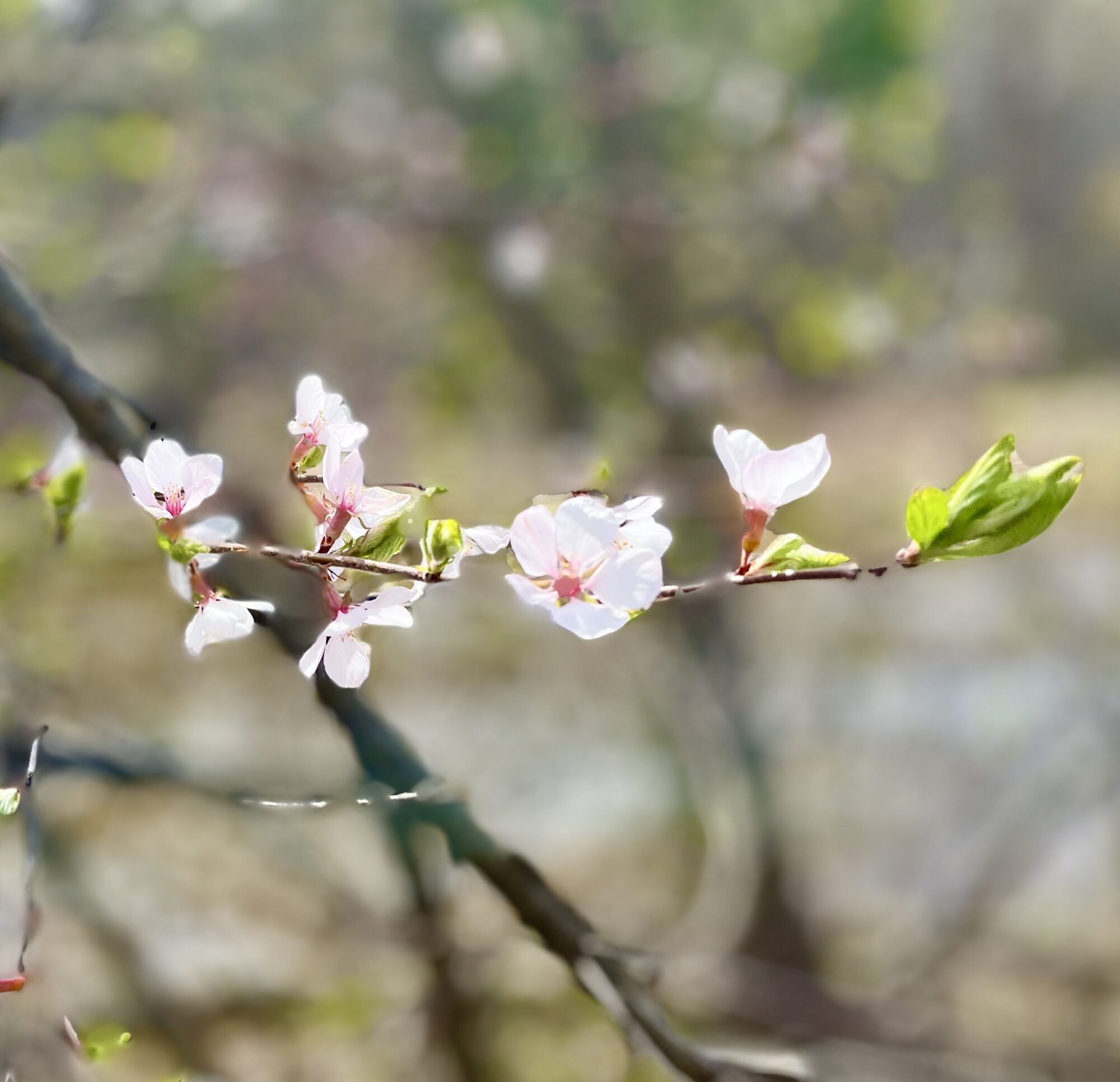
Photo: Niko Photos
In nature, nothing is perfect, and everything is perfect. Trees can be contorted and bent in weird ways, and they’re still beautiful. Alice Walker
Why exposure to nature is important.
As a psychotherapist and avid hiker, I have seen the immense benefits of exposure to nature on mental health. Nature has the power to calm our minds, reduce stress levels, and promote feelings of well-being. I encourage my clients to immerse themselves in nature as often as possible. In my personal life, I am always looking forward to different ways to incorporate more nature into my daily routine.
Numerous studies have found that spending time in nature can improve mood, reduce symptoms of anxiety and depression, and increase cognitive function.
In one study published in the International Journal of Environmental Research and Public Health, participants who spent time in nature reported significantly lower levels of stress and higher levels of well-being than those who did not.
How does exposure to nature have such a profound impact on mental health?
One theory is that it allows us to disconnect from the stresses of modern life and reconnect with our natural environment. When we spend time in nature, we can tune out the constant stimulation of technology, work demands, and other responsibilities. This allows our brains to relax and recharge, reducing stress levels and promoting a sense of calm.
Exposure to nature has also been shown to boost creativity and cognitive function. A study published in the Journal of Environmental Psychology found that spending time in nature improved participants’ performance on tasks requiring creative problem-solving skills. Another study found that children who spent more time playing in natural environments showed improved cognitive functioning compared to those who spent more time indoors.

Photo: Margarita, Spring Blossoms
So, how can we incorporate more nature into our daily lives?
Here are some tips:
- Take a walk in a park or nature reserve. Even a short walk in nature or green areas can positively impact mental health. Find a local park or nature reserve and take a stroll. Focus on the sights, sounds, and smells around you, and allow yourself to fully immerse in the experience.
- Bring nature indoors. While time in nature is ideal, we don’t always have the time or opportunity to do so. Bringing plants and other natural elements into our homes and workplaces can have a similar effect. Consider adding some houseplants or a small fountain to your living space.
- Practice Mindfulness in nature. Mindful walks in nature involve paying attention to the present moment and using your senses to connect with the environment. Practicing Mindfulness in nature can help us connect more deeply with our surroundings and promote a sense of calm. Try sitting in a quiet outdoor space and focusing on your breath or observing the sights, scents and sounds around you without judgment.
- Bring your camera! Taking pictures invites you to pay attention to details, light and shapes and slow down your steps. Also, it can be a way to contribute to your community of friends and inspire them to spend more time in nature.
Finally…
Exposure to nature makes you feel better emotionally and contributes to your physical well-being, reducing blood pressure, heart rate, muscle tension, and the production of stress hormones.
Exposure to nature can profoundly impact mental health. Incorporating more nature into our daily lives can help reduce stress, boost creativity, and improve cognitive function. So, whether it’s taking a walk in a park, bringing plants indoors, or practicing Mindfulness in nature, find a way to connect with the natural world today.
Slow down, time is fleeting. Notice the beauty around you.
Please, always wear sunscreen when you spend time outdoors. Here are some tips.


